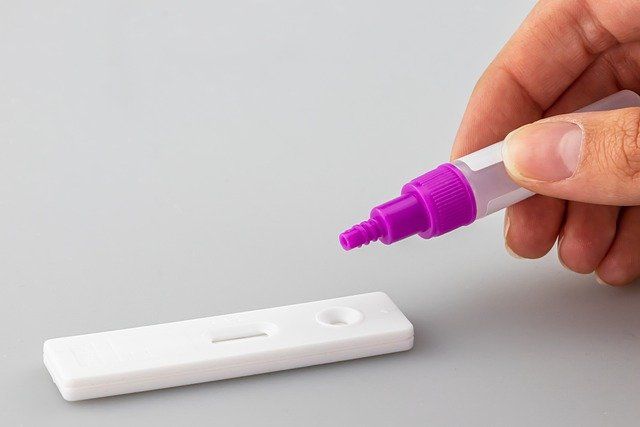If you’re travelling abroad for Christmas this year, beware of longer PCR test result times than usual.
The immense number of people being tested at the moment has made it difficult for the health services to adhere to their 24-hour test result time goal.
In a bid to solve the issue, the authorities have made some adjustments and ushered in new recommendations for when to take the PCR test.
In future, PCR tests can only be booked a week ahead and authorities recommend to only do so if you have symptoms, have been in contact with a positive case (4th day test) or have tested positive using a rapid test or a self test.
And instead of taking the PCR test on the fourth and sixth day after being in contact with someone who tested positive, use a rapid test instead for the sixth day.
READ ALSO: More restrictions loom as Denmark hits 10,000 daily COVID-19 cases
Cancel your test … if possible
The new changes went into effect yesterday so all bookings already in the system will not be changed or annulled.
But if you have booked a PCR test, but can settle for a rapid test according to the new recommendations mentioned above, the health authorities urge you to cancel your PCR test.















